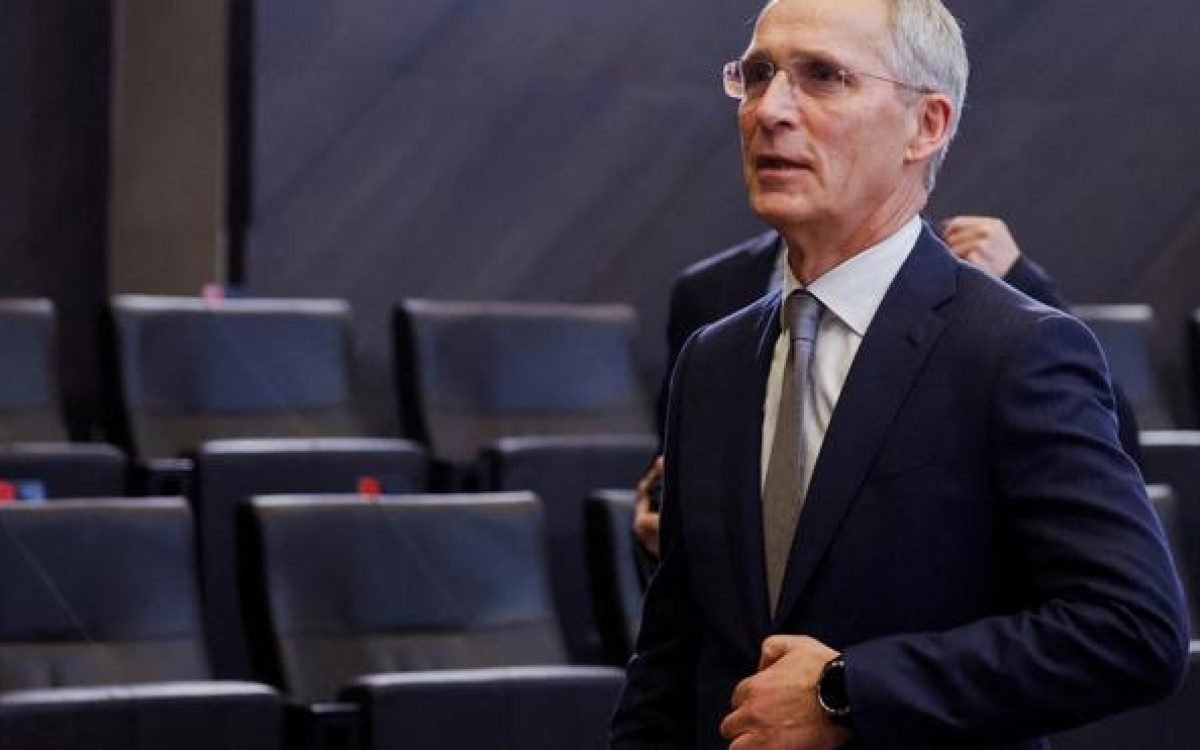Former U.S. President Donald Trump’s recent threats to withdraw support from NATO have reignited discussions surrounding the alliance’s dynamics and the broader implications for trans-Atlantic security. Against the backdrop of mounting tensions and geopolitical complexities, Trump’s statements have once again brought to the forefront the delicate balance of power and responsibility within the international community.
Trump’s contention revolves around the failure of European NATO allies to meet their defense expenditure commitments, a longstanding point of contention throughout his presidential term (2017-2021). His assertion that he would encourage Russia to act freely underscores the gravity of the situation, as it challenges established norms of collective defense and solidarity among NATO members.
NATO Secretary General Jens Stoltenberg swiftly responded to Trump’s remarks, emphasizing the fundamental principle that any suggestion of allies failing to defend each other undermines the collective security of all member states, including the United States. Stoltenberg’s stance reaffirms the core tenets of NATO’s mission and underscores the importance of unity and cohesion in the face of evolving security threats.
Trump’s threat to withdraw support from NATO is not unprecedented. Throughout his tenure, he consistently advocated for reducing or withdrawing aid to the alliance, casting doubt on the efficacy of its defense mechanisms. Trump’s national security advisors, Keith Kellogg and Robert O’Brien, proposed the concept of a ‘tiered alliance,’ which seeks to redefine the parameters of Article 3 and Article 5 of the NATO treaty.
Article 3 obliges NATO members to bolster their defense capabilities, while Article 5 stipulates that an attack against one member constitutes an attack against all, invoking collective defense measures. The proposed modification would introduce a defense contribution threshold, allowing only those members meeting the set criteria to avail themselves of the protection afforded by Article 5.
The implications of Trump’s proposed changes to NATO’s foundational principles are far-reaching and complex. By introducing a tiered alliance system, the cohesion and solidarity that have historically underpinned NATO’s effectiveness could be compromised, potentially weakening the alliance’s ability to respond cohesively to emerging security challenges.
Furthermore, Trump’s statements come at a critical juncture for President Biden, who faces challenges in securing congressional approval for the Ukraine aid bill. The timing of Trump’s remarks underscores the intricacies of U.S. foreign policy and the ongoing efforts to navigate complex geopolitical terrain.
In conclusion, Trump’s recent threats to withdraw support from NATO underscore the evolving dynamics of international relations and the imperative for collective action in safeguarding global security. As discussions continue to unfold, it is essential to prioritize dialogue, cooperation, and mutual understanding in addressing the multifaceted challenges facing the international community. Only through concerted efforts and unwavering commitment to shared values can the vision of a peaceful and secure world be realized.









